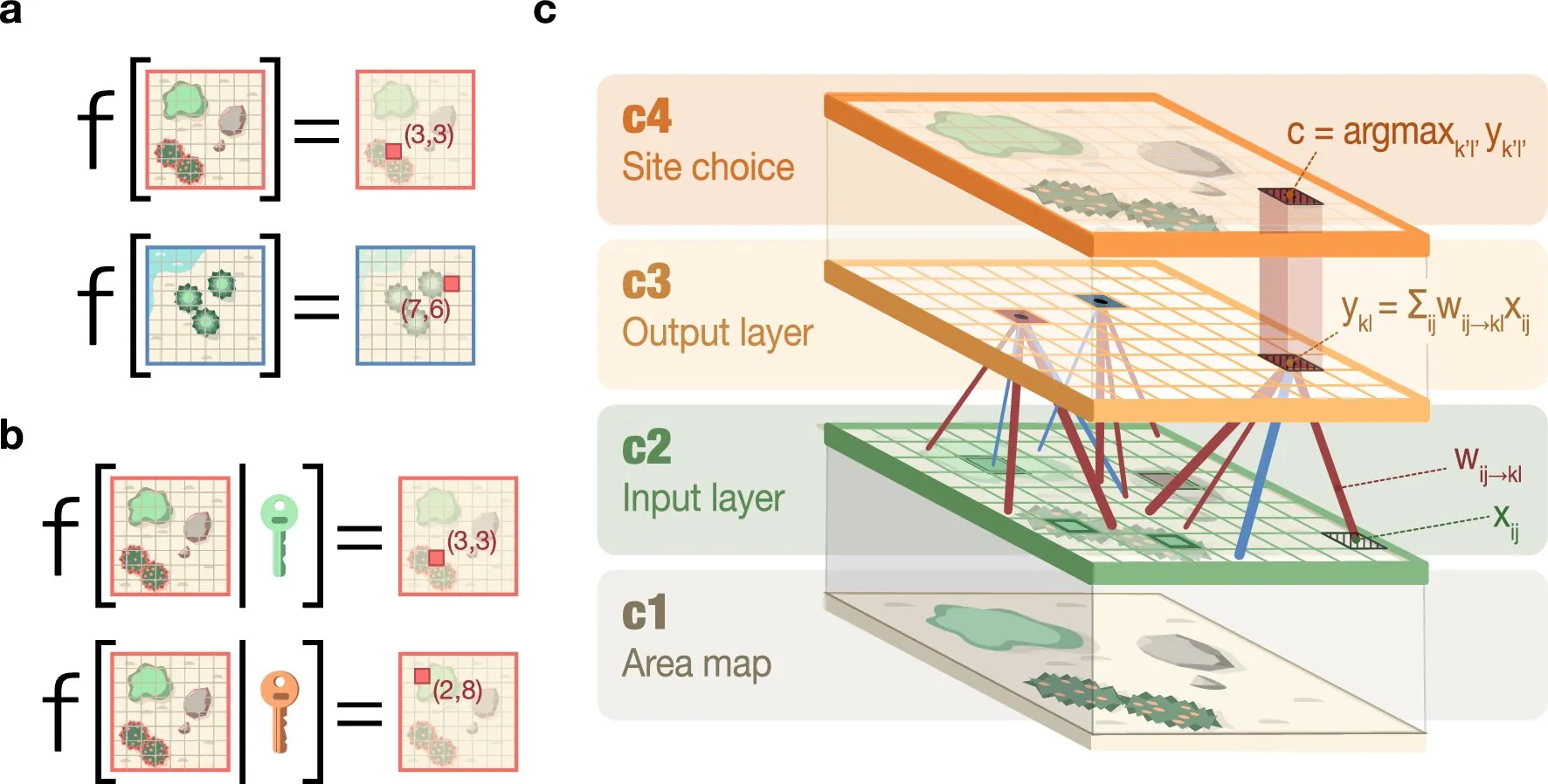New Mechanism for Food Caching Discovered in Animals
Thursday, 8 August 2024, 12:57

Introduction
New research from Hebrew University has proposed a fascinating and novel understanding of animal food caching behavior.
Key Findings
- New Mechanism: The study found that animals utilize a non-memory based mechanism for caching and retrieving food.
- Neural Process: This process is similar to hash functions used in computing, which enhances efficiency in storage and retrieval.
- Impact on Understanding: These findings may change how researchers approach the study of animal behavior and cognition.
Conclusion
This revolutionary discovery opens new avenues for research into the cognitive strategies employed by animals. It emphasizes that neural mechanisms play a crucial role in food cache management, not just memory.
This article was prepared using information from open sources in accordance with the principles of Ethical Policy. The editorial team is not responsible for absolute accuracy, as it relies on data from the sources referenced.